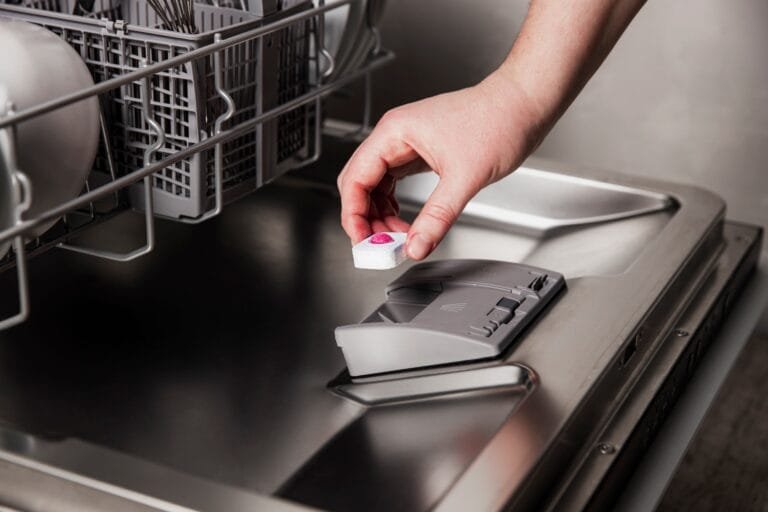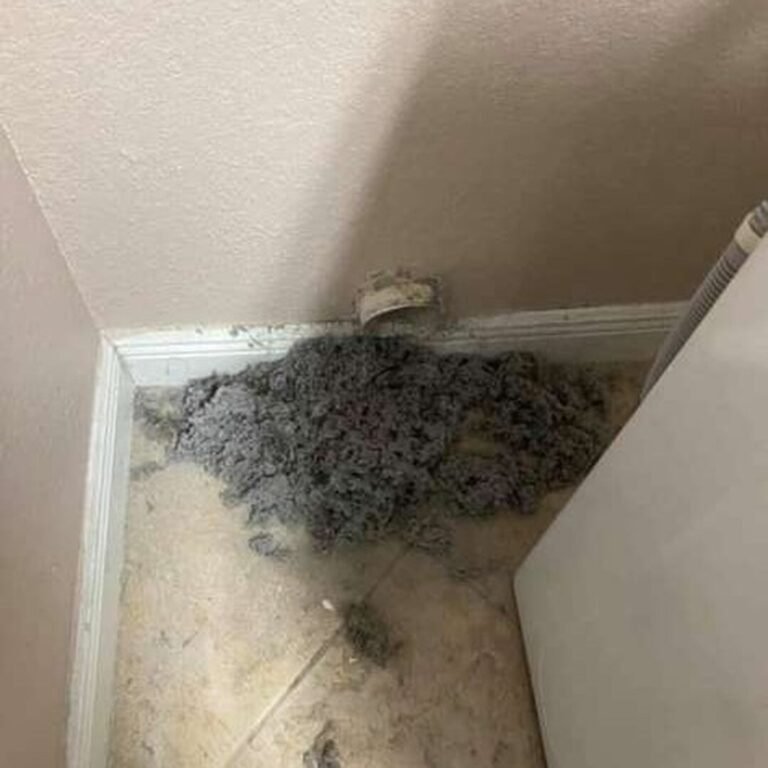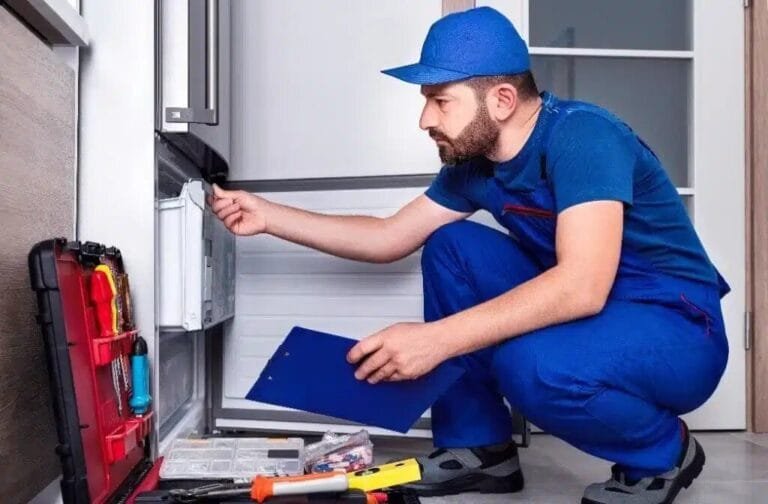An ice maker that’s not working can be a huge inconvenience, especially during the warmer months when ice is essential for drinks, food preservation, and other daily needs. At Romano’s Appliance Repair, we understand the frustration that comes with a malfunctioning ice maker. Fortunately, many issues with ice makers are easy to fix with professional help. In this article, we’ll explain some common reasons why your ice maker might not be working and how our expert team can get it back in working order quickly.

1. Check the Power Supply
The first step in troubleshooting an ice maker is to ensure it’s receiving power. If the ice maker is part of your refrigerator, check to make sure the fridge is plugged in and the power switch is on. If your ice maker is a standalone unit, verify that it is properly connected to the electrical outlet.
- Why It Matters: Without power, your ice maker won’t function.
- How It Helps: Ensuring that your appliance is properly connected can save time and effort in diagnosing the problem.
2. Water Supply Issues
One of the most common reasons an ice maker stops working is a problem with the water supply. If the water line is clogged, frozen, or disconnected, your ice maker won’t be able to produce ice.
- Why It Matters: Your ice maker relies on a consistent supply of water to produce ice. If the water line is obstructed, it won’t be able to function properly.
- How It Helps: A quick inspection of the water line and ensuring there are no blockages or kinks can restore your ice maker’s functionality.
3. Frozen Water Line
If the water line leading to your ice maker freezes, it can prevent water from entering the ice maker, which in turn stops the ice production process.
- Why It Matters: A frozen water line can result in no water flow, which means no ice.
- How It Helps: Our team can quickly inspect and thaw the line, ensuring proper water flow and getting your ice maker working again.
4. Faulty Water Inlet Valve
A faulty water inlet valve can prevent your ice maker from getting the water it needs to create ice. This valve controls the water flow into the ice maker, and if it becomes defective, it may not open properly or at all.
- Why It Matters: Without the proper amount of water, the ice maker can’t function.
- How It Helps: If the water inlet valve is faulty, our experts can replace it with a high-quality part, restoring your ice maker’s water supply and performance.
5. Ice Maker Control Arm Malfunctions
Some ice makers have a control arm that automatically stops the ice-making process when the bin is full. If the control arm is broken or stuck in the “off” position, your ice maker will stop working, even if there is no ice in the bin.
- Why It Matters: If the control arm is malfunctioning, it will prevent the ice maker from operating properly.
- How It Helps: Our technicians can check the control arm and adjust or replace it as needed to get your ice maker back to producing ice.
6. Defective Thermostat
The thermostat in an ice maker regulates the temperature to ensure ice is made at the right consistency. If the thermostat is malfunctioning, it may cause the ice maker to stop working or produce soft, unusable ice.
- Why It Matters: A faulty thermostat can cause inconsistent ice production or a complete shutdown.
- How It Helps: Our professionals can test the thermostat and replace it if needed, restoring the ice maker’s ability to produce ice at the correct temperature.
7. Clogged or Dirty Filter
A clogged or dirty water filter can also affect your ice maker’s ability to produce ice. Over time, filters accumulate debris, which can restrict water flow or affect water quality, impacting the ice-making process.
- Why It Matters: A clogged filter can reduce the flow of water to your ice maker, resulting in little to no ice.
- How It Helps: Regular filter cleaning or replacement ensures your ice maker gets clean water and performs optimally. Our team can replace the filter and restore normal ice production.
8. Ice Maker Motor Problems
In some cases, the motor responsible for operating the ice maker may fail. If the motor is malfunctioning, it won’t be able to eject the ice or perform other essential functions.
- Why It Matters: A malfunctioning motor can completely disable your ice maker.
- How It Helps: Our experienced technicians can diagnose motor problems and replace faulty components, ensuring the ice maker runs smoothly.
9. Scheduled Maintenance to Prevent Future Issues
Regular maintenance can prevent many of the issues discussed above. Scheduling routine inspections of your ice maker can help catch small problems before they turn into costly repairs.
- Why It Matters: Proactive maintenance extends the lifespan of your ice maker and prevents breakdowns.
- How It Helps: Regular check-ups ensure your appliance is running efficiently and can prevent future failures, saving you money on repairs in the long run.
Conclusion
A malfunctioning ice maker can be a major inconvenience, but with the right attention, it can be repaired quickly and effectively. At Romano’s Appliance Repair, we specialize in diagnosing and fixing ice maker problems, from power issues to water line blockages. Our expert technicians will ensure your ice maker is back up and running in no time, so you can enjoy the convenience of fresh ice whenever you need it.
Contact Us
If your ice maker is not working or needs maintenance, don’t wait! Contact Romano’s Appliance Repair today:
- Phone: (561) 352-8870
- Email: romanosappliance@gmail.com
- Website: romanosappliancerepair.com





